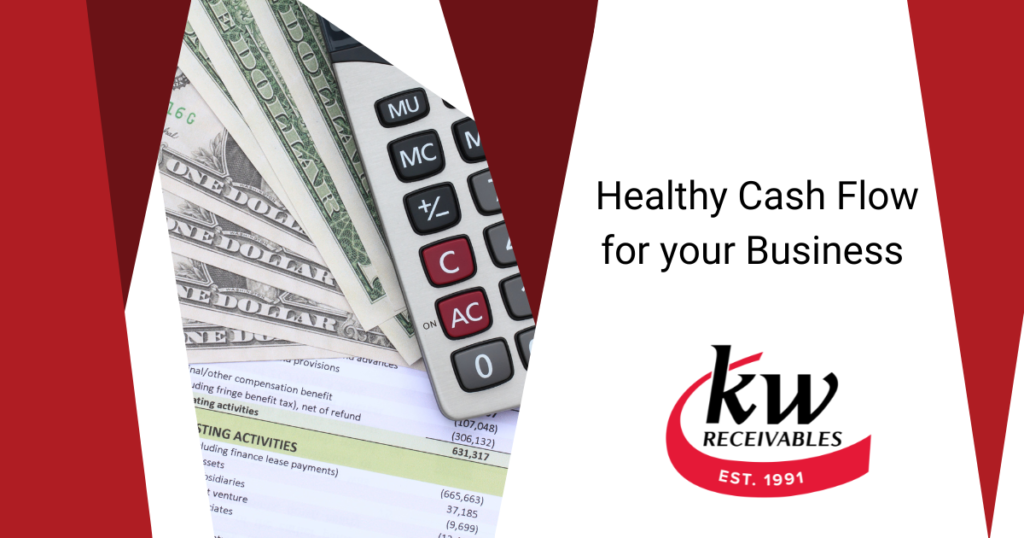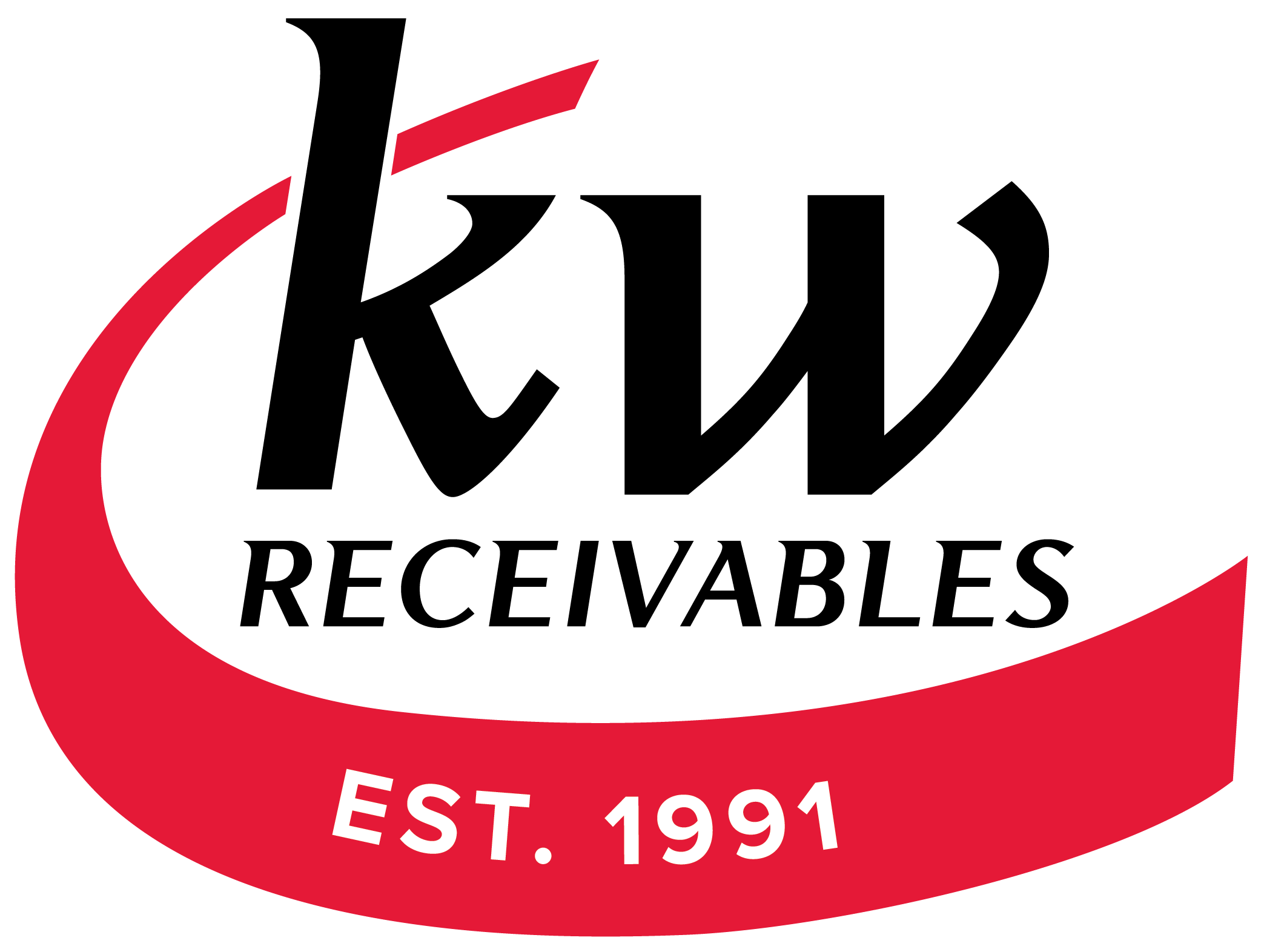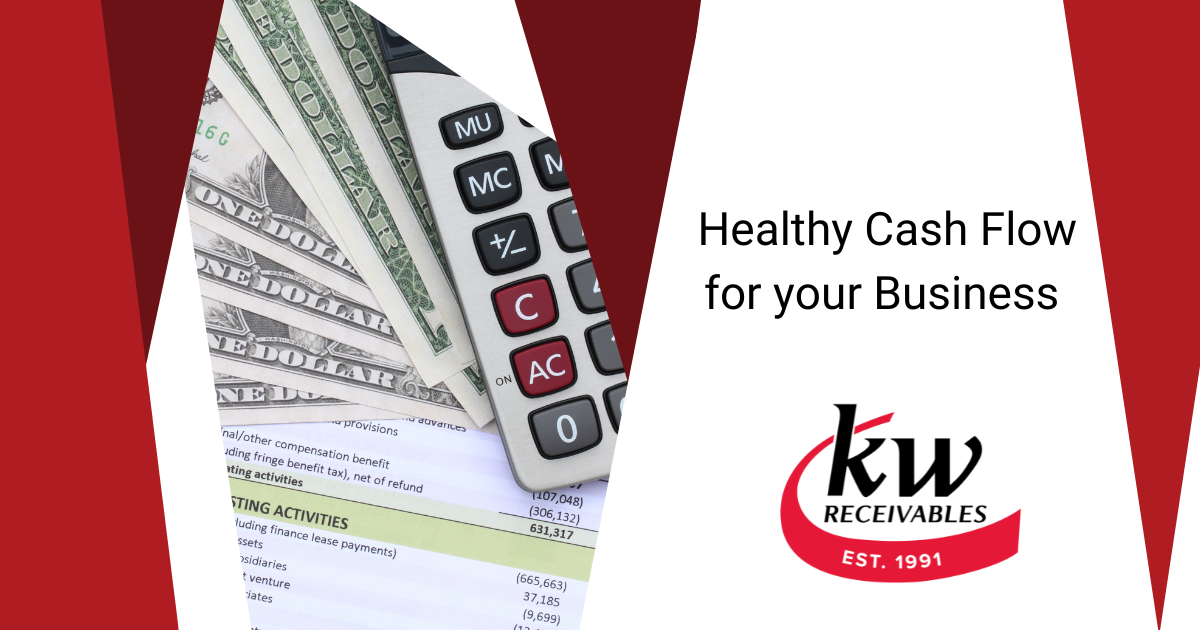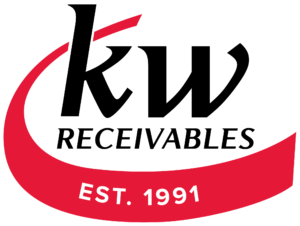
You have plans for your business to make capital investments, update infrastructure, grow, and evolve. Yet, something seems to be holding you back. That something quite often is cash flow. Lack of it leaves many businesses staggered and losing ground.
We’ve seen a lot of businesses struggling in this spot since 1991 when we began helping companies to improve cash flow, and it reinforces just how important this is to business success.
Healthy Cash Flow Vs Profits: Which Is More Important?
Both are vital for a successful business. Your profit is the surplus you have after all your expenses. It lets you know if this business is a money-making proposition and how much to pay in taxes. But there’s a catch. Profits are only profits on paper if you have outstanding accounts receivables. Those paper profits evaporate if those customers don’t make good on their promise to pay.
Time is a factor too! Let’s say customers do pay, but they take 90 or 180 days to do so. While waiting for customers to settle those accounts, you may be struggling to pay your employees or repair a business-critical piece of machinery. You could lose good employees or be unable to complete orders.
This is where the importance of healthy cash flow becomes apparent. It’s not simply about making money; a robust business has access to that money when they need it. Because of that, you can keep your financial promises, repair, replace, and take advantage of expansion opportunities. This is what having a healthy cash flow does for a business.
Healthy Cash Equals Reliable Projections
When you have healthy cash flow, you can depend on it. That’s because you have systems to maintain steady payables and receivables. You can start thinking further ahead, projecting cash flow into the future and making wise financial decisions, knowing that cash will be there when you need it. You can make large purchases with less mental and financial strain when the time is right.
These better projections also mean you can foresee when cash flow will be lowest and prepare for that slump. Alternately, when you anticipate a surplus in cash flow, it’s time to consider expanding into new markets.
Addressing Unhealthy Cash Flow
Don’t ignore poor cash flow. It will slowly drain your resources until one event can take you out. At KW Receivables, we’re ready to put our 30+ years of experience work for you! Fill out our quick and easy online application to get started or contact us via phone.


